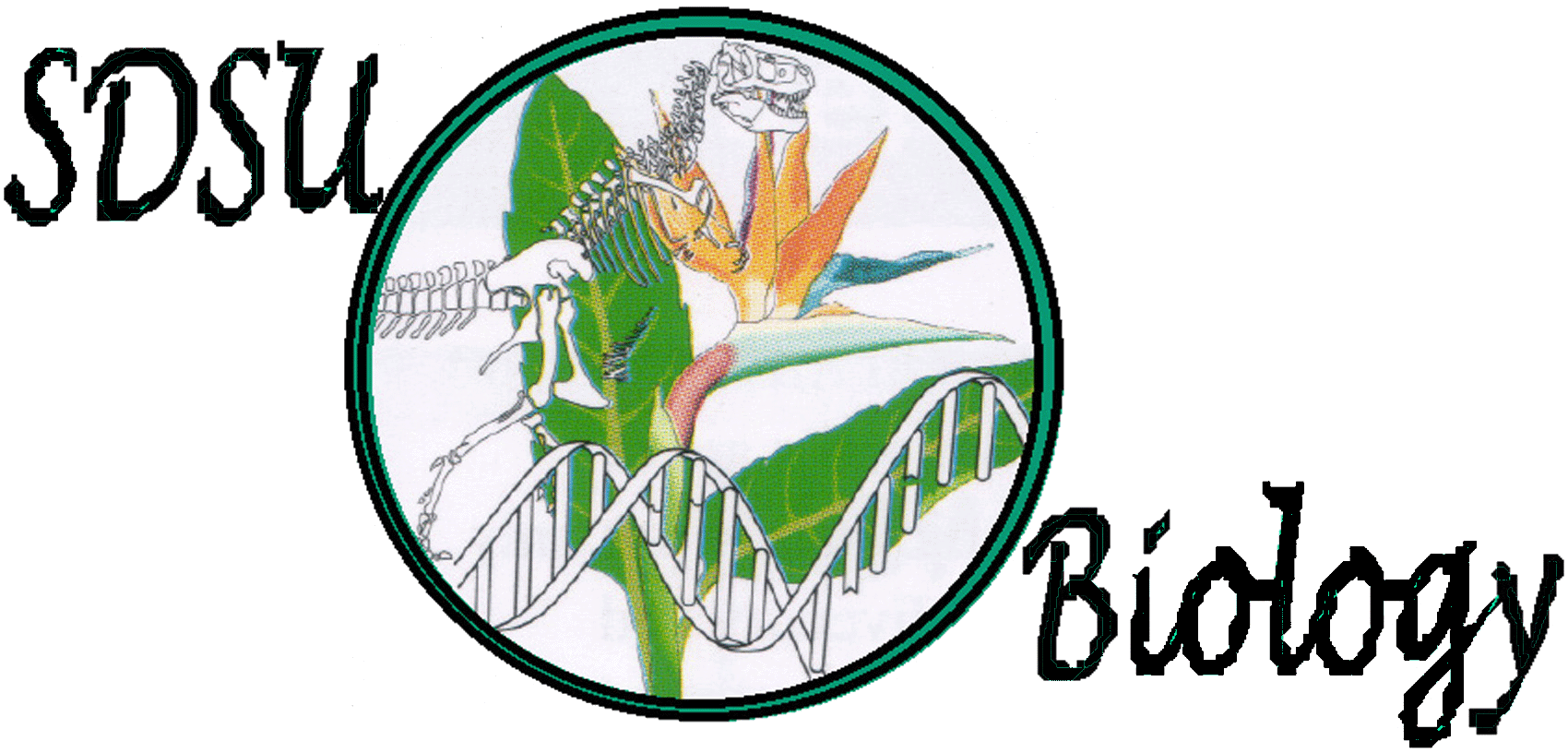|
|
Roger E. Carpenter and Theodore J. Cohn
Lecture in Comparative Biology
[Consider a donation to help support the lecture series]
|
|
This lecture series was established in honor of Dr. Roger E. Carpenter and in honor of and in memoriam for Dr. Theodore (Ted) J. Cohn. Both were professors of the Department of Biology at San Diego State University, and both made outstanding contributions in teaching and research. Roger is a comparative physiologist in ecological and evolutionary physiology. Ted was an active insect systematist, specializing in groups of the western US and Mexico. This Carpenter-Cohn lecture, held annually each spring, highlights the research of a distinguished biologist whose research perspective is integrative and emphasizes major patterns and unifying themes in comparative biology.
2015
20th Annual Carpenter-Cohn lecture in Comparative Biology
Dr. Hopi Hoekstra
Digging for genes that affect behavior
Monday 4 pm, April 20, 2015
Aztec Student Union Theater (2nd floor, east end)
Parking Information
Reception (5-7 pm) following talk: Faculty/Staff Center Patio
|
The Carpenter-Cohn Lecture for 2015 will be given by Dr. Hopi Hoekstra of Harvard University. Dr. Hoekstra is the Alexander Agassiz Professor of Zoology in the Departments of Organismic & Evolutionary Biology and Molecular and Cellular Biology, and the Curator of Mammals in the Museum of Comparative Biology at Harvard. She received her B.A. in Integrative Biology from UC Berkeley and earned her Ph.D. in Zoology at the University of Washington. After completing her degree, she was an NIH postdoctoral fellow at the University of Arizona and has been at Harvard since 2007. She is broadly interested in the genetics of adaptation and speciation in vertebrates. Her integrative research program combines molecular techniques (ranging from next-gen sequencing and transcriptomics to cell-based pharmacological assays and in vivo viral vectors), population-genetic tests, classical genetic crosses, lab-based behavioral assays, and field-based experiments. This interdisciplinary approach has lead to several important breakthroughs in understanding the genetics underlying adaptive traits in wild populations.
|
|
|
|
|


